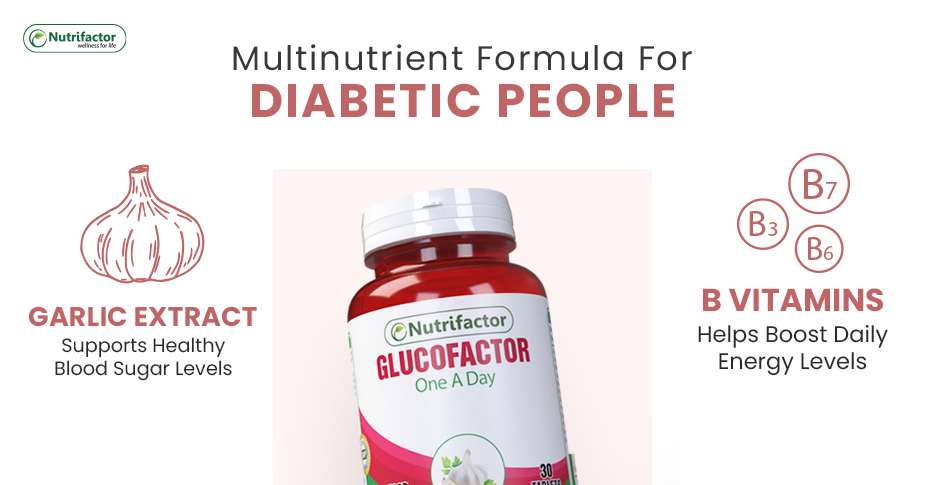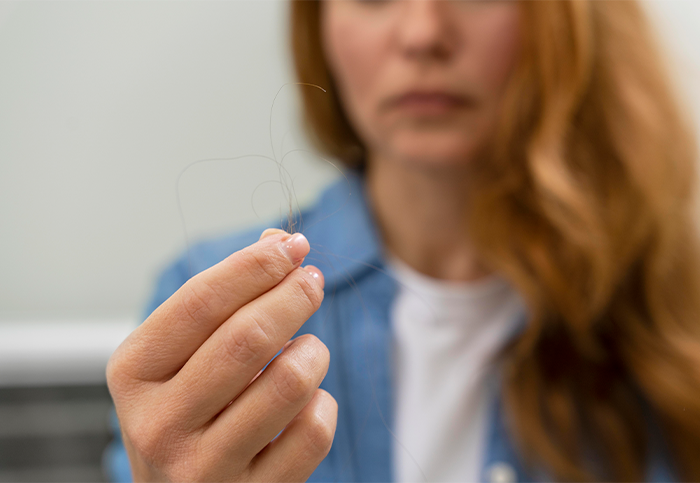Why Do Wounds of Diabetic People Not Heal Quickly?
People with diabetes consistently experience high blood glucose levels in a fasting state, i.e., 126 mg/dL or even more. People suffering from diabetes are more prone to infections due to weak immunity. Even if a minor injury can take a lot of time to heal. There are different reasons for the slow wound healing in people with diabetes.

Why Do Wounds in Diabetic People Not Heal Quickly?
The risk of recurrent infections and slow wound healing are two significant concerns for people with diabetes. This uneven distribution of sugar molecules within our bloodstream can cause severe damage to the body, sometimes leading to complete organ loss. Whenever we get a wound, our body treats it through multiple steps.
There are three main reasons for delayed wound healing in people with diabetes.
1. Neuropathy
Our body goes through different steps while healing wounds; First, it lets our brain know about the injury through the nervous system. Then, the brain stimulates the immune system to guard that particular area against invading external factors to prevent further damage. And finally, the nutrients for healing are transferred to that area through blood circulation.
But, in diabetes, abnormally rising glucose levels influence this process. The nerves can get damaged, and the person doesn’t even feel the wound most of the time (the condition known as neuropathy), causing a delayed response from the brain.
2. Weak Immune System
The immune system is also compromised in the chronic condition of diabetes, which increases the risk of recurrent infections and prevents our body from fighting against external factors. Consequently, the weak immune system becomes the cause of delayed wound healing.
3. Reduced Blood Circulation
Due to excessive glucose concentration in the blood, the blood flow gets disturbed, and the helping material for wound healing can’t be provided to the targeted area within the time. This is how the wound-healing process is altered in people with diabetes.
And this is why diabetic people should take their glucose levels seriously, or otherwise, in serious injuries, it becomes tough to rejuvenate the healthy condition of the affected area. You can quickly decrease the risk of such complications by managing your daily lifestyle and using good-quality supplements.
How To Take Care of Wounds?
Never ignore those wounds that are not taking average time to heal. Because there are two types of healing; normal healing and slow healing.
Slows healing is usually linked to people with compromised immunity, particularly diabetic patients. If enough attention is not given, the wounds may not heal properly, resulting in further complications, leading to a foot ulcer, gangrene, or even diabetic foot in severe conditions.
Always pay attention whenever you see a little cut, bruise, or even a tiny wound; see your doctor for safety measures and complete consultation. Furthermore, keep your immunity at its best by consuming immune-boosting foods and a good quality food supplement.
Which are the Best Supplements to Manage Diabetes?
Best-quality supplements which help control blood sugar levels and boost immunity are the best supplements for patients with diabetes. Nutrifactor’s Glucofactor, Sensolin, and Glyzon Plus can be the best choices.
1. Glucofactor
Nutrifactor’s Glucofactor is an effective food supplement in managing blood sugar levels. It contains potent ingredients, including Garlic Extract, Chromium Picolinate, Biotin, Niacin, Folic acid, Pyridoxine, Vitamin D, Magnesium, Potassium, and Zinc, which are highly beneficial in helping maintain healthy blood glucose levels in the body.

2. Sensolin
Nutrifactor’s Sensolin contains seven key nutrients that are very helpful in promoting healthy glucose metabolism and maintaining healthy blood sugar levels. The bitter melon extract in Sensolin is particularly beneficial in increasing the insulin sensitivity of body cells. Additionally, a healthy amount of vitamin D (800 IU) in Sensolin helps boost the immunity of people with diabetes.

3. Glyzon Plus
Glyzon Plus also contains seven effective nutrients that promote and maintain healthy glucose metabolism by supporting balanced blood glucose levels.

Conclusion
Most diabetic patients experience slow wound healing, which is a common thing among them. If proper attention is not given at the right time, this common problem can also become serious, leading to amputation of the foot or affected limb.
But the good thing about diabetes is that it can be managed by taking extra precautionary measures and making healthy dietary modifications, as this is a lifestyle-related disease.
If you want to reduce the risk of serious wounds in yourself or your loved one, do a self-examine daily and critically consider even minor cuts, sores, bruises, redness, and blisters on the hands, feet, and between the toes. Also, pay a regular visit to your healthcare professional for a detailed examination, and follow preventive measures carefully.
References:
• https://diabetesjournals.org/care/article/39/11/2080/37234/Type-2-Diabetes-The-Pathologic-Basis-of-Reversible
• https://www.webmd.com/diabetes/can-you-reverse-type-2-diabetes
• https://www.ncbi.nlm.nih.gov/pmc/articles/PMC4434080/
• https://www.medicalnewstoday.com/articles/318189
• https://www.healthline.com/health/diabetes/diabetes-and-wound-healing



